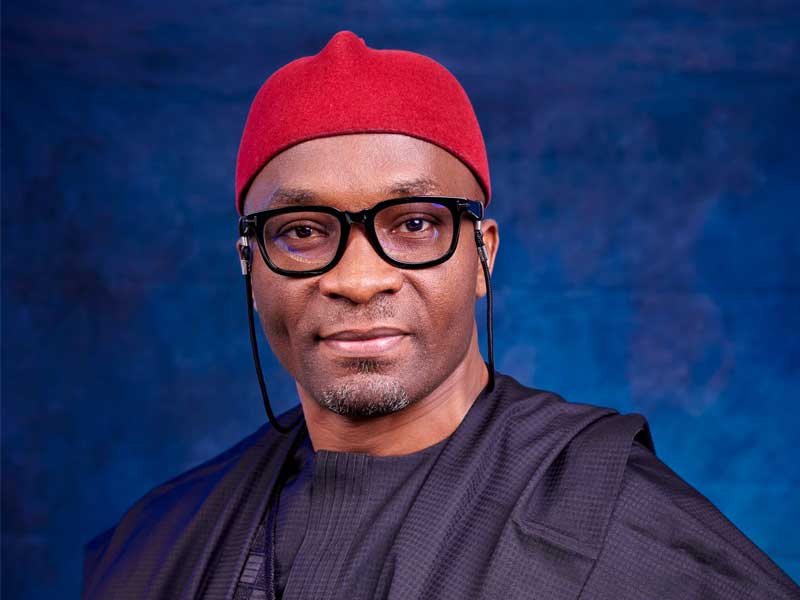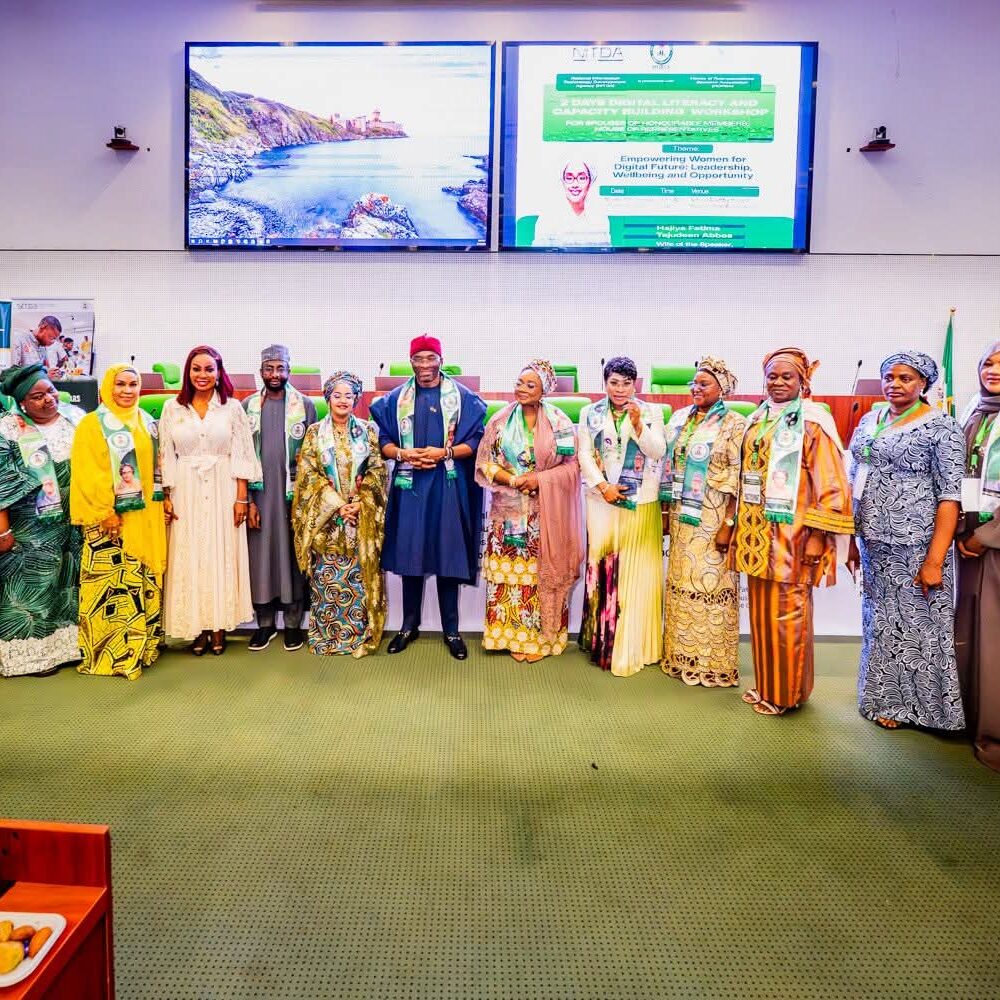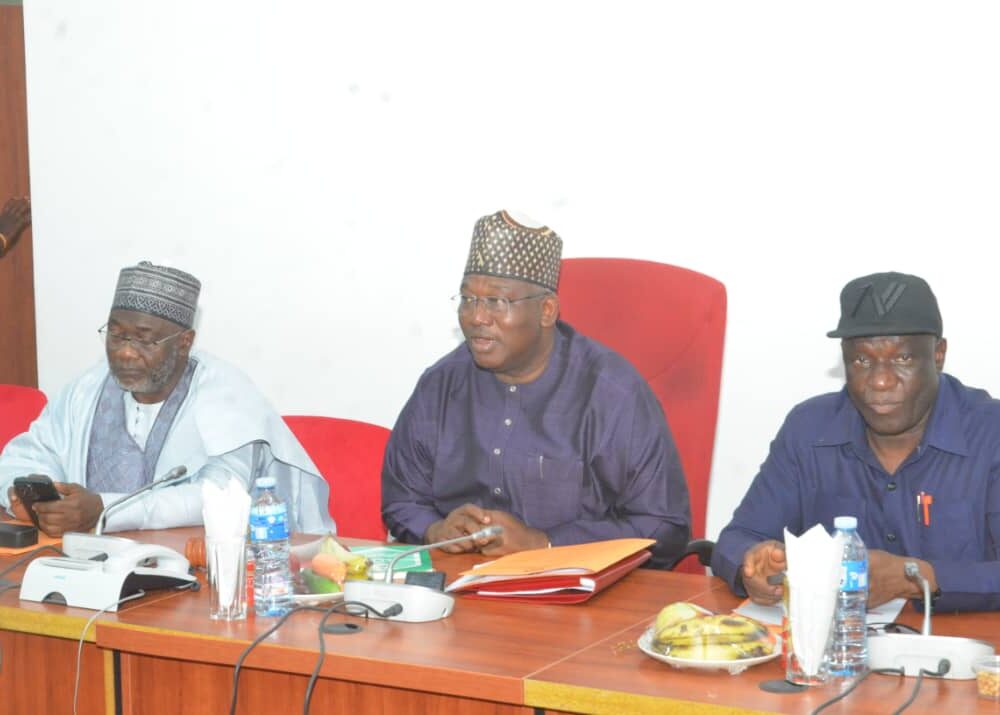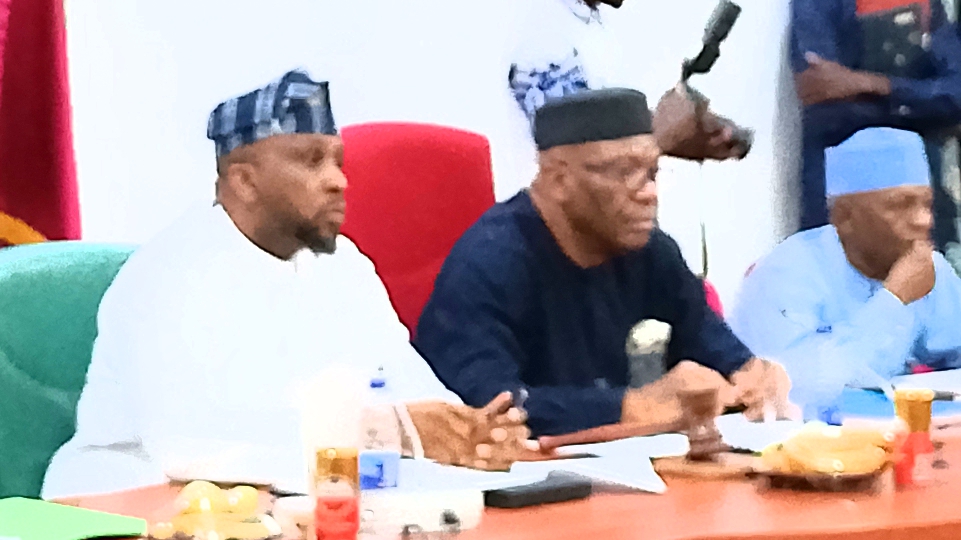The Deputy Speaker of the House of Representatives, Benjamin Kalu, has expressed deep concern about the state of local government councils in Nigeria, citing limited autonomy, financial constraints, and weakened administrative capacity as persistent challenges hindering their effectiveness.
Speaking on Monday at the National Dialogue on Local Government Reform in Abuja, Kalu emphasized the need for a collective commitment to advancing democratic principles and sustainable development at the grassroots level.
He highlighted the pivotal role of local governments as the closest tier of government to citizens, tasked with delivering essential services, promoting inclusion, and enhancing democratic participation.
The Deputy Speaker referred to the recent Supreme Court ruling mandating that local governments must be democratically elected and their statutory allocations paid directly to them, describing it as a landmark moment in Nigeria’s governance history.
“This ruling underscores the importance of ensuring that governance at all levels adheres to democratic principles and serves the people’s best interests. However, to fully realize the intent and impact of this decision, we must address the systemic issues that have long plagued local government administration,” Kalu stated.
A Call for Action
Kalu urged stakeholders to reimagine the role of local governments as independent and effective partners in Nigeria’s governance structure. He outlined key focus areas, including financial and administrative autonomy, constitutional amendments, and mechanisms for accountability, which he described as foundational to an equitable, inclusive, and accountable governance system.
“Achieving these reforms will require coordinated efforts among federal and state governments, lawmakers, judicial bodies, civil society organizations, traditional leaders, and local communities,” he said.
He acknowledged the role of the Constitution Review Committee of the House of Representatives in addressing critical governance challenges, including local government reforms. Recent engagements with key stakeholders, such as the Nigeria Governors’ Forum (NGF) and the Conference of Speakers of State Legislatures, reflect a firm commitment to driving meaningful constitutional amendments, he noted.
The Role of Dialogue
Kalu highlighted the significance of the national dialogue as an opportunity to deepen understanding, align strategies, and build a coalition of stakeholders to champion local government reforms.
“As we embark on today’s discussions, I urge us all to approach this dialogue with a shared sense of purpose and an unwavering commitment to the ideals of democracy, accountability, and service delivery,” he stated.
He called for the outcomes of the session whether constitutional amendments, accountability mechanisms, or advocacy roadmaps to be rooted in a vision of a Nigeria where local governments are empowered to serve their constituencies effectively.
“Together, we have the potential to lay the groundwork for a reform process that will transform local governance in Nigeria, ensuring that no community is left behind in our collective pursuit of progress and prosperity,” he added.
In his concluding remarks, Kalu described the journey toward local government autonomy as a moral imperative that speaks to the heart of Nigeria’s democratic ethos.
“I thank you for your presence, your insights, and your dedication to this noble cause. Let us work together to ensure that the outcomes of this dialogue resonate far beyond these walls, shaping a future where local governments stand as pillars of democratic governance and agents of sustainable development,” he concluded.
Kalu also commended the Policy and Legal Advocacy Centre (PLAC) and the UK Foreign and Commonwealth Development Office (FCDO) for their support to the House of Representatives Committee on the Review of the Constitution, praising their dedication to strengthening governance in Nigeria.





